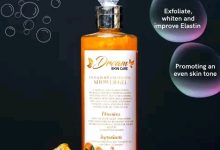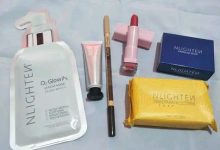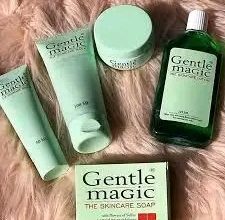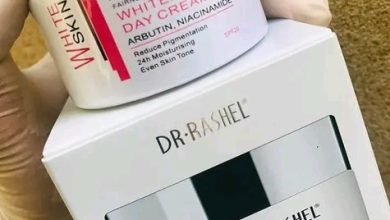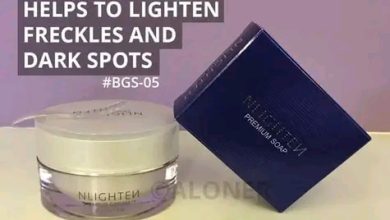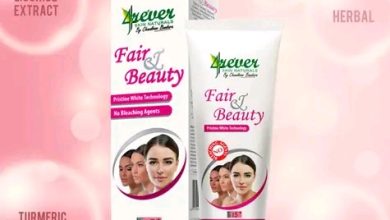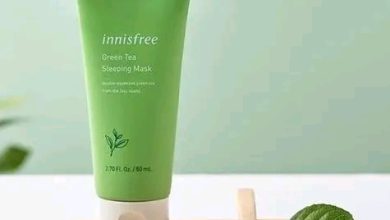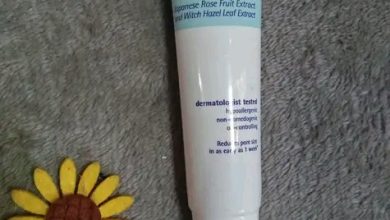Anti-aging Skincare Products to Help You Look Younger
As we age, our skin changes in a multitude of ways. Fine lines and wrinkles appear, the texture of our skin becomes rough, and our skin loses elasticity, resulting in sagging skin.
These changes are primarily caused by a loss of collagen and elastin, two naturally occurring proteins in the skin that keep it looking youthful and firm.
Despite common misconceptions, aging is a natural process that ultimately cannot be stopped.
However, with the help of anti-aging skincare products, we can slow down the aging process and keep our skin looking youthful and glowing for as long as possible.
It’s no secret that the cosmetic industry is flooded with products that promise to make us look and feel younger.
However, with such an abundance of products available, it’s essential to know which ones actually work and which are just a waste of money.
Here is a breakdown of some of the most effective anti-aging skincare products on the market.
♦ Retinoids
Retinoids are a form of vitamin A that stimulate collagen production in the skin, reducing the appearance of fine lines and wrinkles. They also speed up cell turnover, resulting in brighter and smoother skin.
Retinoids come in various forms, including retinol, tretinoin, and adapalene. Retinol is the most commonly available form of retinoid and can be found in various over-the-counter products.
Tretinoin is a prescription-only retinoid that is significantly more potent than retinol, while adapalene is a gentler retinoid that is primarily used to treat acne.
When using retinoids, it’s essential to start slowly and build up tolerance over time. Initially, retinoids can cause redness, peeling, and dryness, but with consistent use, the skin adjusts to the treatment.
♦ Antioxidants
Antioxidants are compounds that protect the skin from free radicals, harmful molecules that damage skin cells and contribute to aging.
Some of the most potent antioxidants include vitamin C, vitamin E, green tea extract, and coenzyme Q10.
Vitamin C is one of the most popular antioxidants in skincare products, as it brightens the skin and reduces the appearance of fine lines and wrinkles.
Vitamin E is another potent antioxidant that moisturizes the skin and protects it from UV radiation.
Green tea extract also provides antioxidant benefits while reducing inflammation in the skin, resulting in a calmer and more even complexion.
Coenzyme Q10 helps to reduce the appearance of fine lines and wrinkles and aids in skin repair.
♦ Peptides
Peptides are short chains of amino acids that stimulate collagen production in the skin, resulting in firmer and smoother skin. Peptides also help to reduce inflammation in the skin and improve skin texture.
Some peptides that are commonly used in skincare products include hexapeptides, palmitoyl oligopeptide, and copper peptides.
Hexapeptides are often referred to as “Botox in a jar” as they work similarly to botulinum toxin, reducing the appearance of fine lines and wrinkles.
Palmitoyl oligopeptide is a peptide that stimulates collagen production in the skin, resulting in firmer and more youthful-looking skin.
Copper peptides are known for their wound-healing properties, making them beneficial in treating acne scars and other forms of scarring.
♦ Alpha Hydroxy Acids (AHAs)
Alpha hydroxy acids are exfoliants that remove dead skin cells from the skin’s surface, resulting in a smoother and brighter complexion.
AHAs also help to reduce the appearance of fine lines and wrinkles, improve skin texture, and increase skin hydration.
Some of the most commonly used AHAs include glycolic acid, lactic acid, and mandelic acid.
Glycolic acid is the smallest AHA and the most potent, making it effective in treating fine lines, wrinkles, and hyperpigmentation.
Lactic acid is gentler than glycolic acid and is often used in products designed for sensitive skin.
Mandelic acid is a larger molecule AHA, making it slower to penetrate the skin, resulting in less irritation.
♦ Sunscreen
While not technically an anti-aging skincare product, sunscreen is a crucial part of any anti-aging skincare routine.
Sunscreen protects the skin from UV radiation, the leading cause of premature aging. UV radiation damages the skin’s DNA, resulting in dryness, wrinkles, age spots, and an increased risk of skin cancer.
When choosing a sunscreen, it’s essential to look for one with broad-spectrum protection, meaning it protects against both UVA and UVB radiation.
Ideally, the sunscreen should have an SPF of at least 30 and be reapplied every two hours, especially if sweating or swimming.
♦ The Bottom Line
While no magic potion can turn back the clock on aging, with consistent and appropriate use of skincare products, we can slow down the aging process and keep our skin looking young and vibrant.
It’s crucial to remember that everyone’s skin is different and may react differently to different products.
Therefore, it’s essential to consult with a dermatologist or skincare professional when starting a new skincare regimen.

